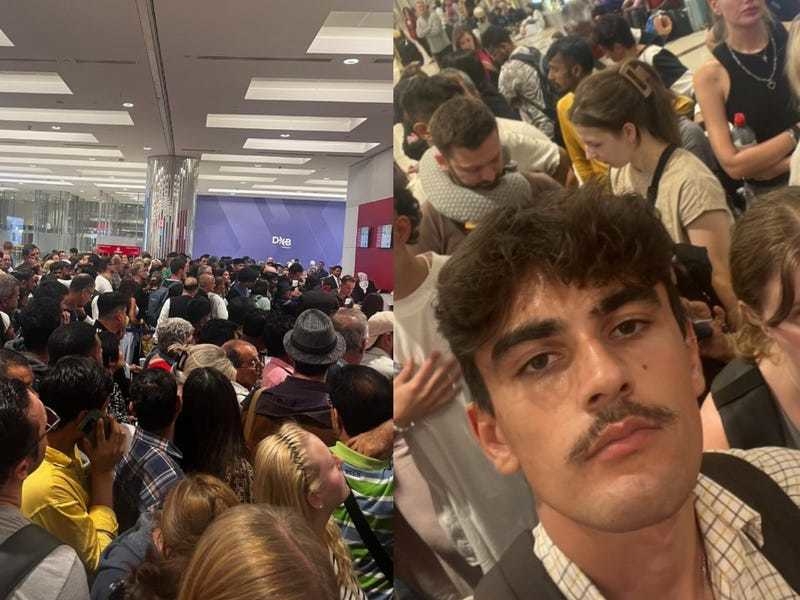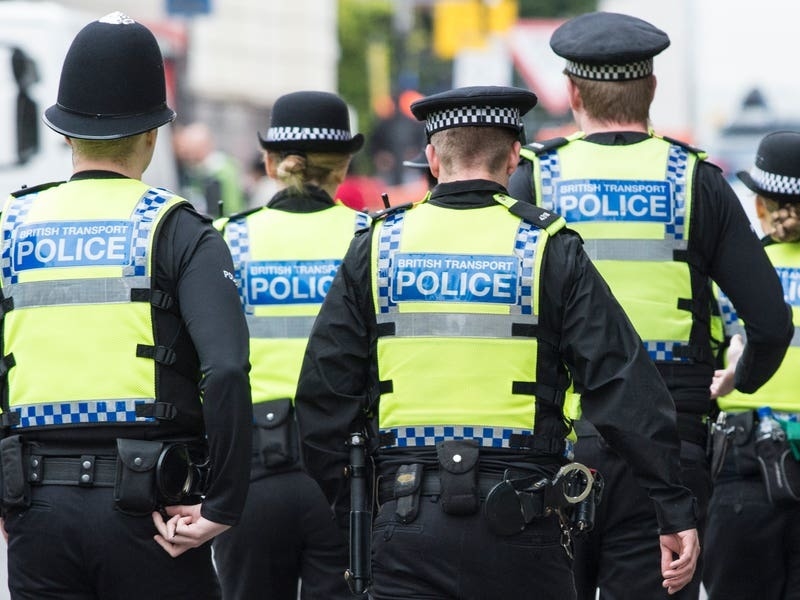Pregnant women in the east African country are often four to a bed and many leave hospital with life-changing conditions.
And now two Island midwives are due to come face to face with the challenges women in Tanzania face when they give birth.
May Bourne (24) and Sharleane Le Heuzé (30) will spend four weeks in the country helping staff in hospitals situated in the Ngorongoro National Park and Arusha region.
Tanzania is believed to be one of the most dangerous places in the world to give birth and there is a high risk of new mothers contracting HIV and hepatitis. In some rural areas one in seven women die as a direct result of giving birth.
May and Sharleane, who are due to travel to the country on 15 January, will diagnose, monitor and examine women during pregnancy, as well as produce literature for parents on the daily care of their baby and work with local midwives to improve care standards.
Sharleane, who worked as a nurse for six years before becoming a midwife in 2016, said: ‘People arrive at the hospital already giving birth and a number of women leave the hospital haemorrhaging.
‘It’s just a conveyor belt. There are four women to a bed in some hospitals. They don’t have any antenatal care at all, so no one knows what condition the mother is in once they leave the hospital. In Jersey all the women have one-to-one care and their own room.’
The midwives have raised more than £5,000 to fund their trip and have also collected knitted hats which have been made by Islanders to take with them.
Sharleane said: ‘There is a really high risk of HIV and hepatitis in the rural hospitals. It’s vital that we have enough protective gear and we have fundraised to make sure we have bought enough.
‘We are also taking knitted hats for the babies. When babies are born they lose their body temperature really quickly, even if they are in a hot country. We are going to take over warm clothing to stop babies dying unnecessarily.’
While in Ngoron goro the duo will work in a rural hospital, where between 70 and 90 babies are delivered daily.
May said: ‘I’m scared, excited and nervous. I’m a bit worried about the potential overwhelming things we are going to see. I have never seen a women die as a result of child birth.
‘There will be things happening in Tanzania that we just wouldn’t see in Jersey.
‘They get a lot of unexpected twin deliveries, stillbirths and premature births – these are all things that we can predict in Jersey and be prepared for. We will have no idea what is going to walk through the door.’
May has been a midwife for three years and says it was something she knew she wanted to do since the age of seven. She said: ‘I think it’s my calling and something that is built into me as a person. It’s such a huge privilege to share a part of someone’s life with them.’






